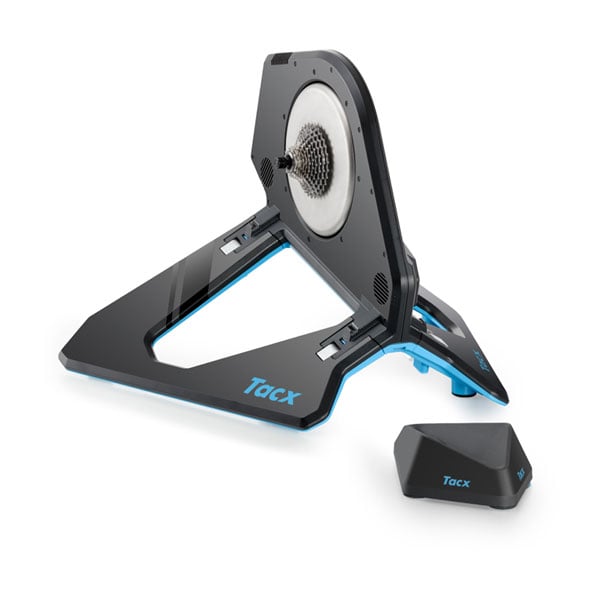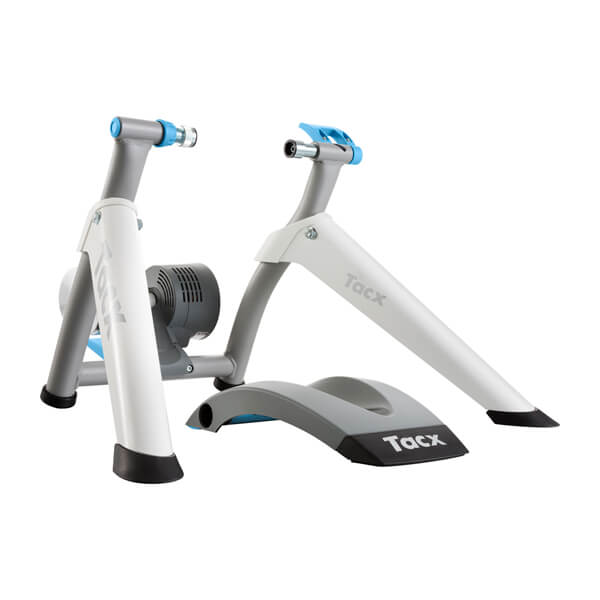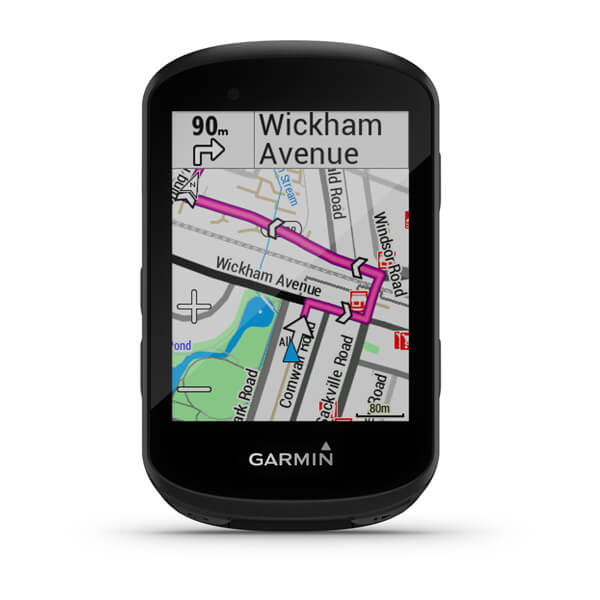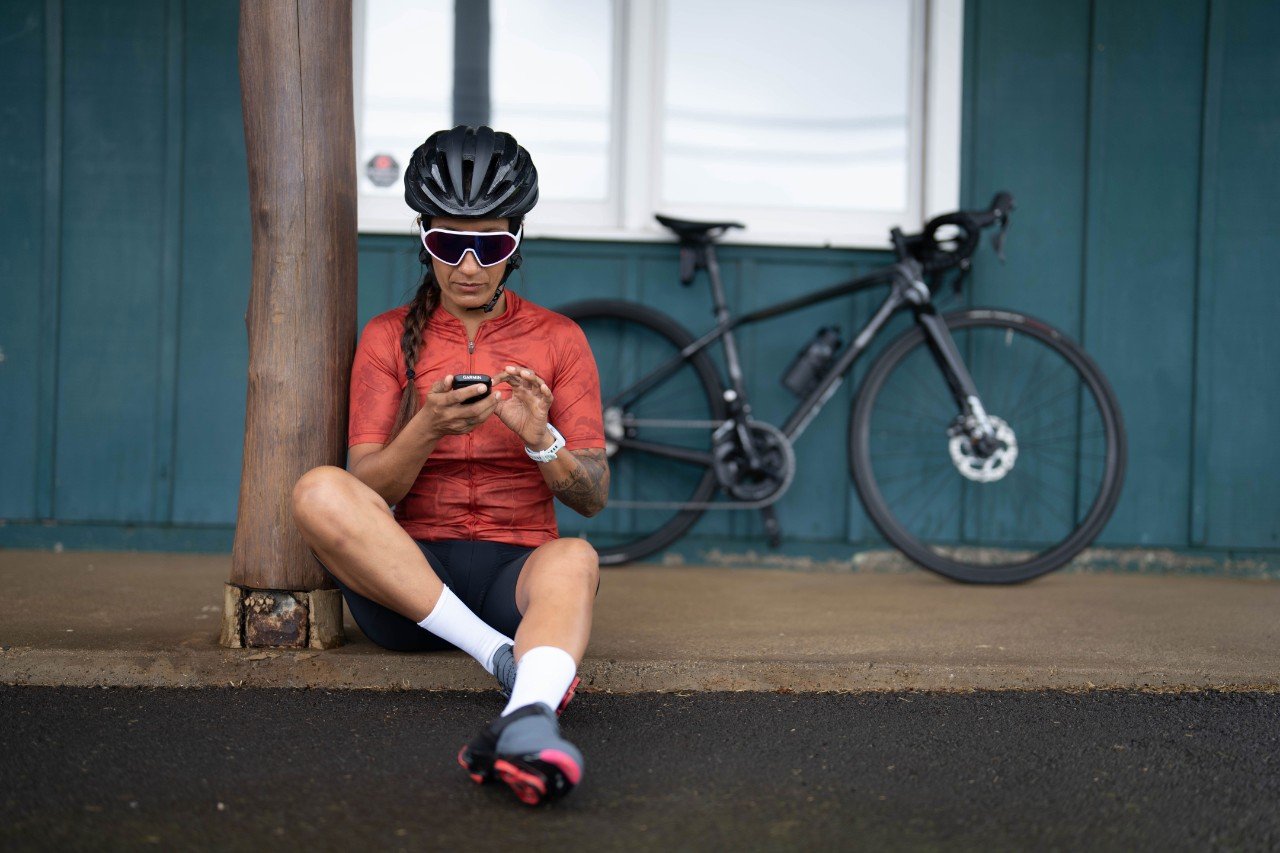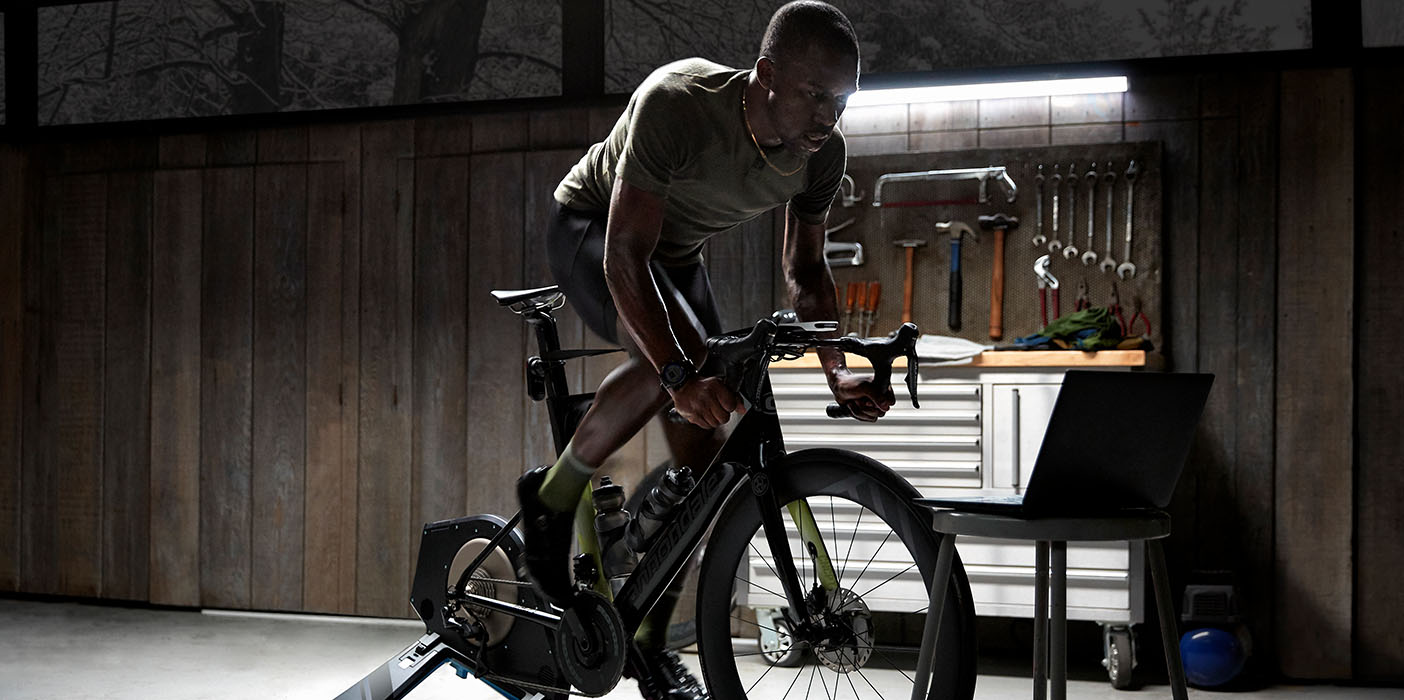
8 Must-have Accessories for Indoor Training
Indoor cycling can be tough, hot and sweaty. To make your training more bearable, enhance your training cave with some special accessories. Here are some of the essentials:
1. Something to fight the sweat.
When you’re giving it your all, perspiration is inevitable. And we’re not talking about a few drops. We’re talking about sweat streaming down your body, creating puddles on the floor. Wouldn’t it be nice to reduce and remove some of that moisture? If you don’t already train with a towel, make sure you get one that’s designed especially for indoor training to absorb sweat better than a typical towel.
A sweat cover is also very useful if you want to protect your bike from corrosion caused by perspiration. And remember to use a training mat underneath your bike to keep the floor clean.
2. A hydration solution.
Avoid drying out as you’re sweating buckets during your indoor training session. To stay hydrated, make sure you have at least 1 drink bottle within reach, filled with water or your favorite sports drink. The best and most natural place for your bottle is, of course, on your bike, so consider an easy-to-use bottle cage holder.
3. Tools to keep cool.
Prevent overheating by exercising in a ventilated space. If possible, open a window in your training cave or use a fan to cool you down. A fan, in particular, is recommended because the air flow will help you sweat less and let you perform better for longer.
4. An easy-to-see screen.
Most people like to sit in front of a screen when they train on an indoor trainer because watching their favorite movies or series really makes the time fly. When you’re in for a more serious training session with software such Zwift, TrainerRoad or the Tacx Training app, you’ll still need a screen in front of you. A setup with a television screen or laptop is ideal for both scenarios. It’s not too difficult to arrange and can be easily installed on a nearby desk or table. If your screen solution is a tablet, a specialized tablet holder will help you see the display better. With a handlebar holder, you can place the tablet directly on your bike handlebar. If space on your bars is limited, a standing bracket might be for you. Just place the tablet at a comfortable height and distance in front of your bike and off you go.
5. Something to reduce noise.
It can be annoying when your indoor trainer makes noise. For example, if you’re using a wheel-on trainer, most of the noise is produced by the rear tire. To mitigate this, it helps to use a special trainer tire that has the right tire pressure (we recommend 116 psi, or 8 bar).
In addition to that, noise is caused by the vibrations produced during indoor training. This is especially true when you train on a wooden floor because the hard surface magnifies the vibrations. That’s why it’s important to use a trainer mat. The mat absorbs vibration and makes training a lot quieter.
6. Devices to measure your output.
Nowadays we all want to measure our effort while we train. Aside from the traditional heart rate monitor, which helps keep an eye on your body’s efforts, there are also sensors that measure your cycling output, including Rally power meter, bike speed sensors and bike cadence sensors. Most direct-drive trainers and some wheel-on trainers have these sensors built in. When they don’t, you can purchase the sensors separately.
All these sensors can communicate via ANT+® or BLUETOOTH® low energy technology, allowing your training software and apps to connect with them. Most bike trainers also communicate via ANT+ or BLUETOOTH low energy, so make sure your computer has a corresponding dongle.
7. Stabilizers.
Increase the stability of your bike for a more secure ride. For example, a front-wheel support will keep your front wheel steady and raise it for a more natural cycling position. Another good option for stability is a trainer mat, which helps your trainer better grip the ground and stops it from moving around while you ride.
8. Options for transportation.
If you transport your bike trainer often, such as for a training camp or during travel, then a trainer bag is very useful. Not only does it make your trainer easier to carry, it also protects it during storage and transport, minimizing the risk of damage.
ATTRIBUTION:
The Bluetooth word mark and logos are registered trademarks owned by Bluetooth SIG, Inc. and any use of such marks by Garmin is under license.
